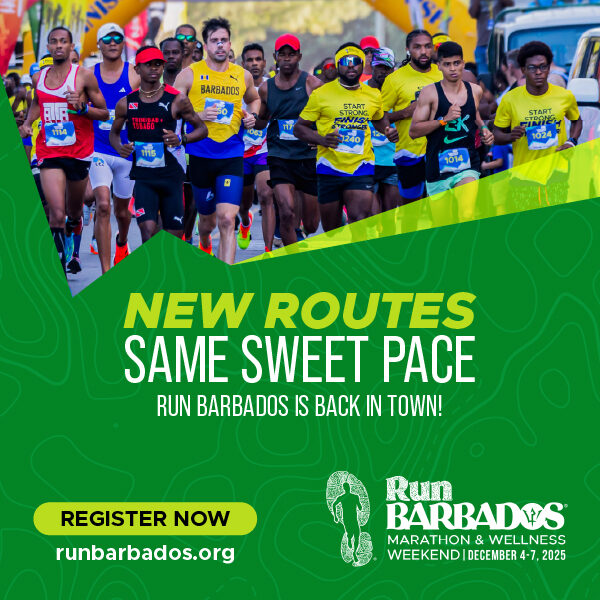Political scientist Peter Wickham is cautioning that while the conversation on full free movement between Barbados, Belize, Dominica and St Vincent and the Grenadines has largely focused on economics, the political implications may prove equally important.
“By and large, the economic indicators have been good, but that’s not my concern. When you bring someone to a country, the question is how will that person vote, if the person will indeed vote, and how will that impact on political outcomes going forward.”
Wickham drew on his research in Antigua and Barbuda to illustrate how migration can shift political landscapes. He pointed out that nearly one-third of Antigua’s resident population was born outside the country, and that many migrants have historically backed the Antigua and Barbuda Labour Party (ABLP).
“People are likely to support the government that was in office when they were given the opportunity to move or reside. For this reason, my sense is that incumbents in all of these places will benefit significantly if indeed there are large numbers of people moving in,” he explained.
In his view, the extent of the political impact would hinge on numbers and geography.
“If you have a situation where this initiative results in the movement of, let’s say, a few hundred people, a few hundred votes, depending on where the persons live, is really neither here nor there. But generally speaking, that is the kind of movement that you’ve seen, and as I said, I use the Antigua example as an indication, because that’s what happened there.”
Fellow political scientist Devaron Bruce agreed that politics could be affected noting that voting rights for Commonwealth citizens were already part of Barbadian law.
“Persons from the Commonwealth who are here for three years are able to vote. That obviously was facilitated before. Now, the question of people moving is maybe a different one, but that is no different from, in essence, increasing the population by birth.
“So, if Barbadians were having more children by the time they’re 18, they’ll be able to vote and certainly influence elections and have their respective parties and the people in politics. So I don’t feel like it’s any different from anything that existed before. As long as you increase your population, it will have an implication on how people vote and how people see politics,” he noted.
Bruce contended that Barbados’ long-standing population stagnation under 300 000 limited the island’s growth potential.
“Everybody within the political space, within the economic space, within the demographic space, continue to see that a growing population has its financial benefits. You can’t expect an economy to grow, you can’t expect innovation, you can’t expect to support the ageing population if your economy, and if your society are not growing population-wise,” he said.
“I think it’s a positive thing that we’re looking to expand Barbados. What can a Barbados with 400 000 people look like? What is necessary for a Barbados with 400 000 people? What are the investments that it can attract? How does it spur economic activity, for instance? Those are things that I think are positive.”
Meanwhile, Minister of Home Affairs Wilfred Abrahams assured that Barbados’ systems were fully prepared to accommodate the change.
“Barbados no longer stamps passports at entry. So, we created a code that would be in the system entered next to the record of the person who is a National Awarded Participating State and that code would cite a person as being eligible for an indefinite stay. So, there won’t be anything in their actual physical passport stamp because, as I said, we don’t stamp coming in at all, but all of the Immigration officials have been notified and it’s already set up in our system that those persons are flagged on for indefinite stay,” he said.
The introduction of this latest phase of free movement builds on decades of CARICOM integration efforts. The Revised Treaty of Chaguaramas, signed in 2001, formally established the Caribbean Single Market and Economy (CSME), granting rights for skilled nationals to move and work freely across member states.
Over the years, the categories of workers entitled to such rights expanded from university graduates to include nurses, teachers, artisans and security guards. ( CLM)







This is interesting. The average person focus is elsewhere.